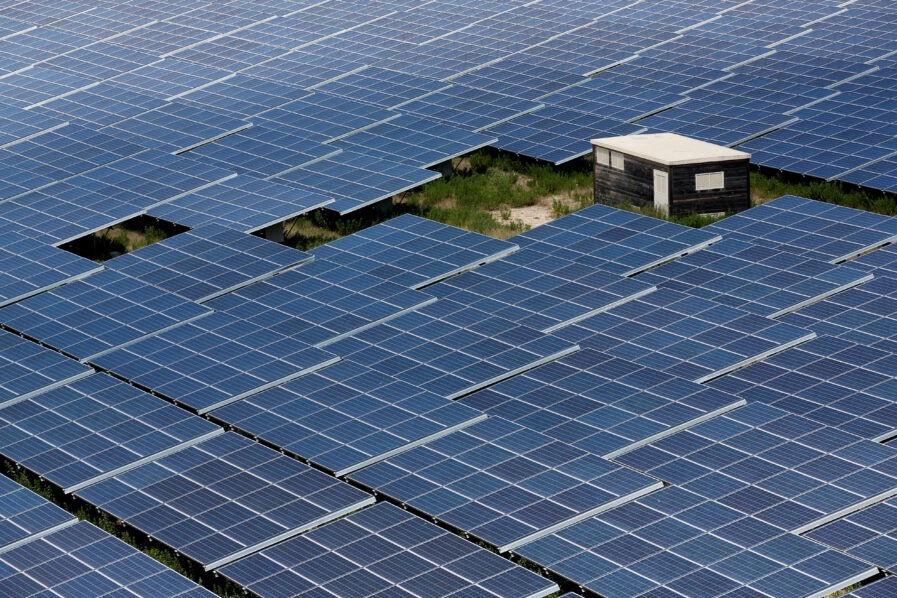The Federal Government of Nigeria has earmarked ₦100 billion for the development and installation of solar power systems in various federal institutions across the country. This significant investment is part of a broader initiative to improve the country’s energy supply and reduce dependence on non-renewable sources. Among the beneficiaries of the project are major institutions such as the University of Lagos (UNILAG), the University College Hospital (UCH) in Ibadan, and several other public institutions.
The move is in line with the government’s commitment to addressing Nigeria’s energy challenges and ensuring the sustainability of power supply in critical sectors. The solar power installations are expected to enhance the efficiency of these institutions by providing reliable and environmentally friendly energy. The initiative will not only help reduce energy costs but also contribute to the country’s efforts to combat climate change by promoting the use of renewable energy.
The Ministry of Power has confirmed that the first phase of the project will focus on universities, hospitals, and research institutions, with the goal of meeting the energy needs of these establishments. The Federal Government has also indicated that the solar power project will contribute to job creation, as local firms will be contracted to carry out installations and maintenance work across the targeted institutions.
This solar power initiative is also seen as an important step toward Nigeria’s energy diversification goals. The country’s reliance on fossil fuels has created a need for more sustainable and diverse sources of energy, and solar power is a viable option given Nigeria’s abundant sunlight. The move is expected to play a key role in the long-term development of the energy sector, contributing to the government’s vision of a more sustainable and resilient power infrastructure.
In addition to providing energy solutions for educational and healthcare institutions, the project will be part of the larger national plan to promote the adoption of green energy. The government aims to accelerate the transition to renewable energy sources in all sectors, and this ₦100 billion initiative marks a significant step in that direction.
